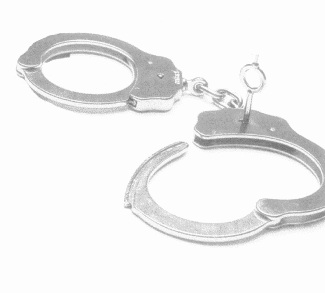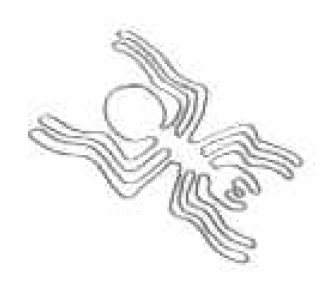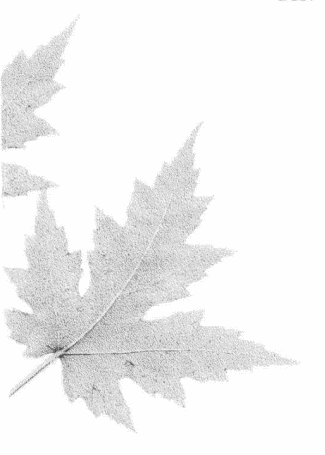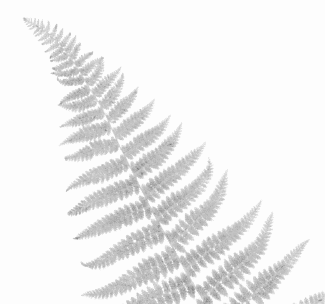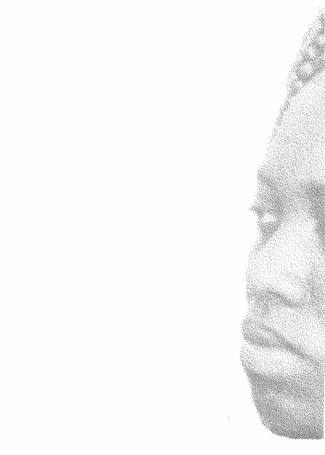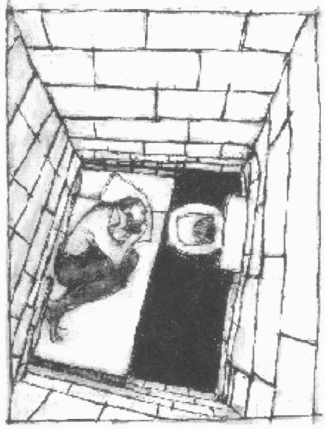Father Hunger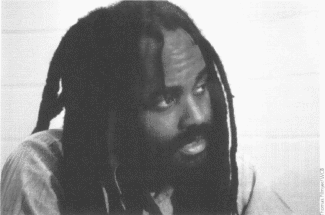
IT HAS BEEN OVER THREE DECADES since I have looked into his face, but I find him now, sometimes hidden, in the glimpse of a mirror. He was short of stature, shorter than I at ten years, fully, smoothly bald, with a face the color of walnuts. He walked with a slight limp, and smoked cigars, usually Phillies. Although short, he wasn't slight, but powerfully built with a thick, though not fat, form. His voice was deep, with the accents of the South wrapped around each word, sweet and sticky like molasses.
Often his words tickled his sons, and they tossed them among themselves like prizes found in the depths of a Crackerjack box, words wondrous in their newness, their rarity, their difference from all others.
"Boys' Cut out that tusslin', heah me?" And the boys would stop their rasslin', their bellies near bursting with swallowed, swollen laughter, the word vibrating sotta voce in their throats: "Tusslin' -- tusslin' -- tusslin' -- tusslin! Tusslin'!" For days -- for weeks -- these silly little boys had a new toy and, with this one word, reduced each other to teary-eyed fits of fall-on-the-floor laughter. "Tusslin!"
He was a relatively old man when he seeded these sons, over fifty, and because of his age, he was openly affectionate in a way unusual for a man of his time. He kissed them, dressed them, and taught them, by example, that he loved them. He talked with them. And walked and walked and walked with them.
"Daaad! I wanna riiide!," I whined.
"It ain't good for you to ride so much, boy. Walkin' is good for ya. It's good exercise for ya."
Decades later, I would hear that same whine from one of my sons, and my reply would echo my father's.
His eyes were the eyes of age, so discolored by time they seemed blueish, but there was a perpetual twinkle of joy in them, of love and living. He lived just over a decade into this son's life, and his untimely death from illness left holes in the soul.
Without a father, I sought and found father-figures like Black Panther Captain Reggie Schell, Party Defense Minister Huey P. Newton, and indeed, the Party itself, which, in a period of utter void, taught me, fed me, and made me part of a vast and militant family of revolutionaries. Many good men and women became my teachers, my mentors, and my examples of a revolutionary ideal -- Zayd Malik Shakur, murdered by police when Assata was wounded and taken, and Geronimo ji jaga (a.k.a. Pratt) who commanded the Party's LA chapter with distinction and defended it from deadly state attacks until his imprisonment as a victim of frame-up and judicial repression -- Geronimo, torn from his family and children and separated from them for a quarter of a century.
Here in death row, in the confined sub-stratum of a society where every father is childless, and every man fatherless, those of us who have known the bond of father-son love may at least re-live it in our minds, perhaps even draw strength from it. Those who have not -- the unloved -- find it virtually impossible to love. They live alienated from everyone around them, at war even with their own families.
Here in this manmade hell, there are countless young men bubbling with bitter hatreds and roiling resentments against their absent fathers. Several have taken to the odd habit of calling me "Papa," an endearment whose irony escapes them.
It has never escaped me. I realize that I live amidst a generation of young men drunk not only with general loneliness, but with the particular, gnawing anguish of father-hunger. I had my own father; later I had the Party, and Geronimo; Delbert, Chuck, Mike, Ed, and Phil; Sundiata, Mutulu, and other old heads like myself. Who have they had?
Yet for a long time I resisted the nickname. I resented being "Papa" to young men I didn't know, while being denied -- by decree of state banishment -- the opportunity to be a father to the children of my own flesh and heart. My sons were babies when I was cast into this hell, and no number of letters, cards, or phone calls can ever heal the wounds that they and their sisters have suffered over the long, lonely years of separation.
I was also in denial. For who was the old head they were calling? Certainly not me? It took a trip, a trek to the shiny, burnished steel mirror on the wall, where I found my father's face staring back at me, to recognize reality. I am he ... and they are me.
